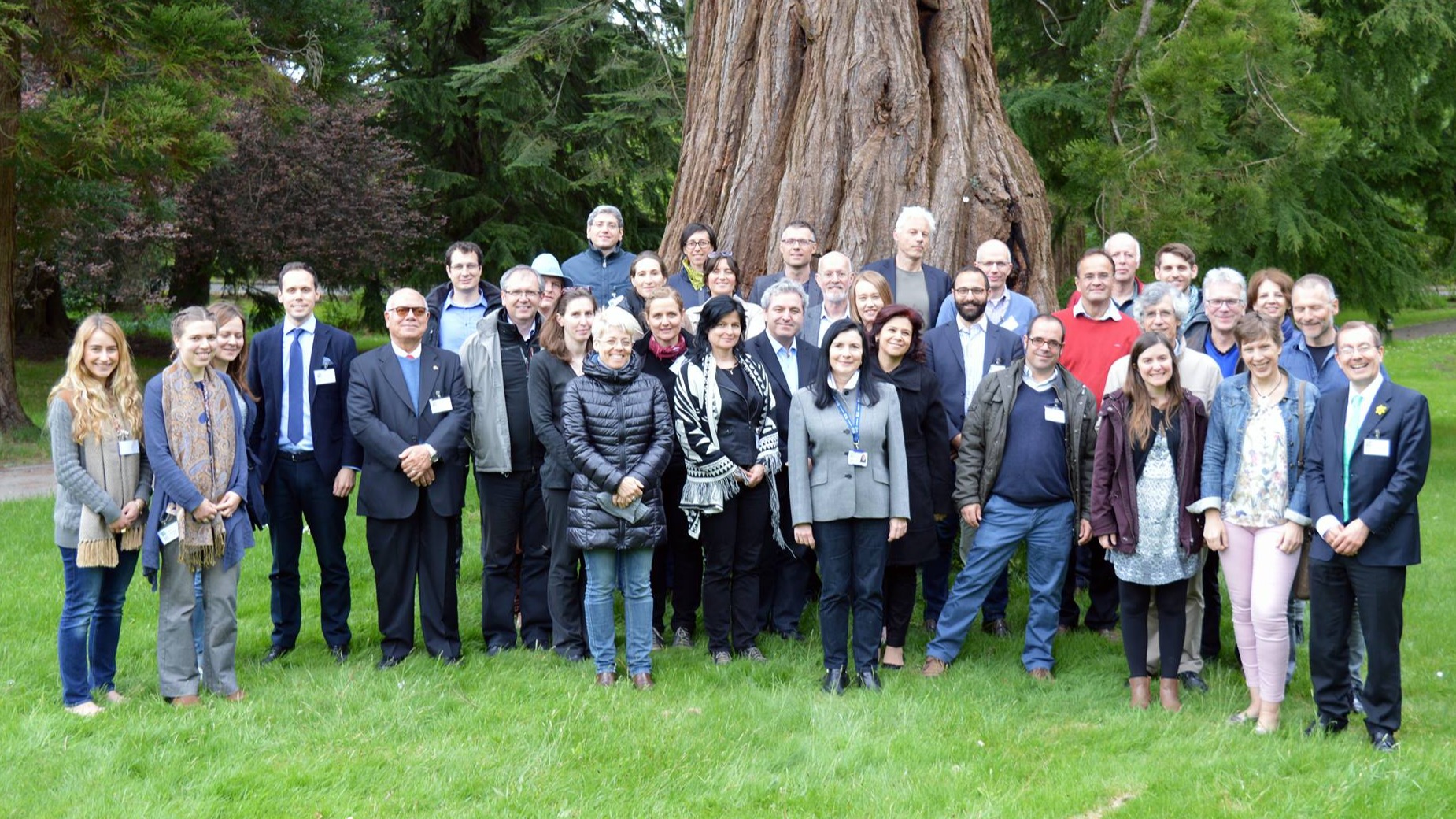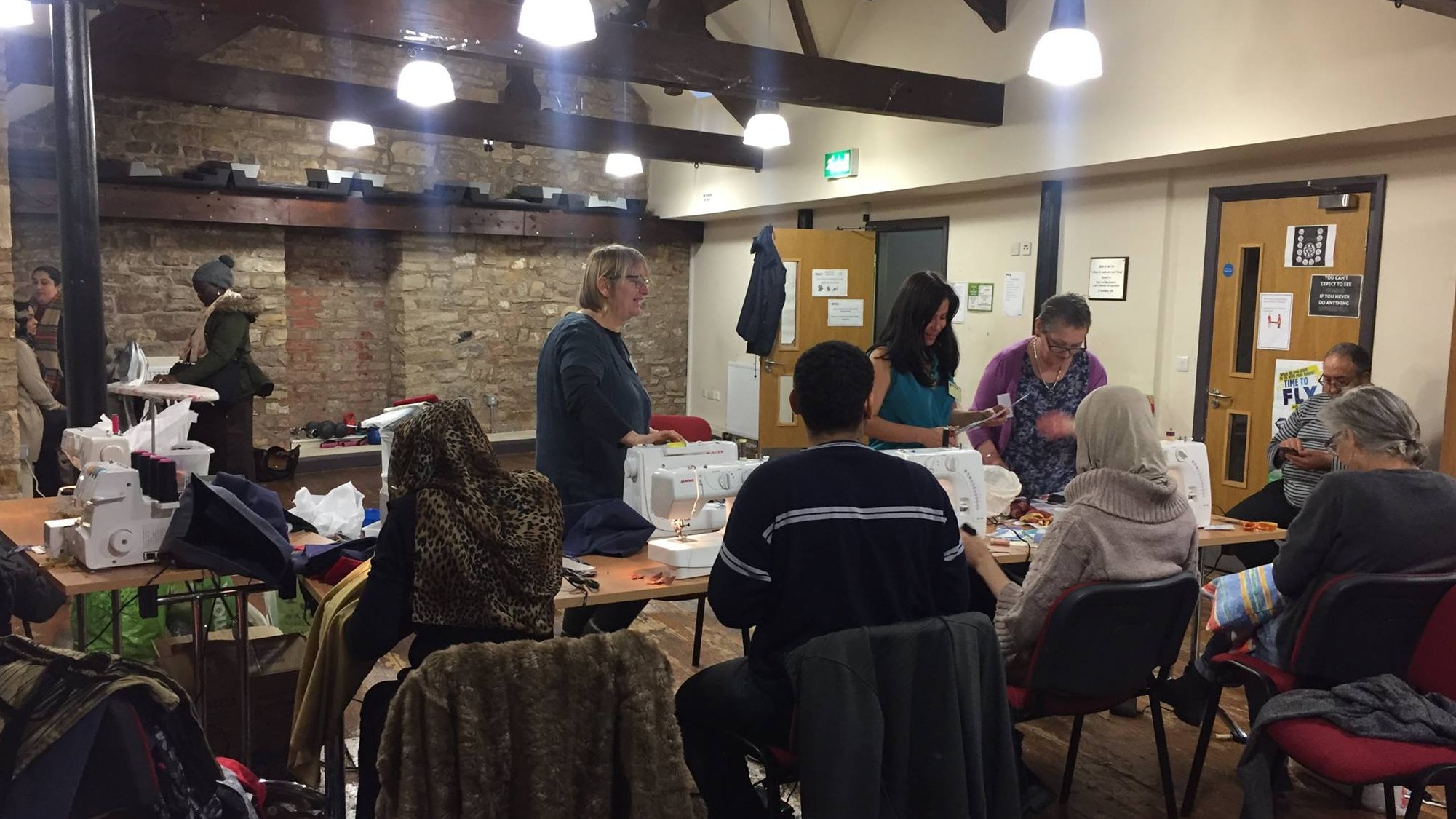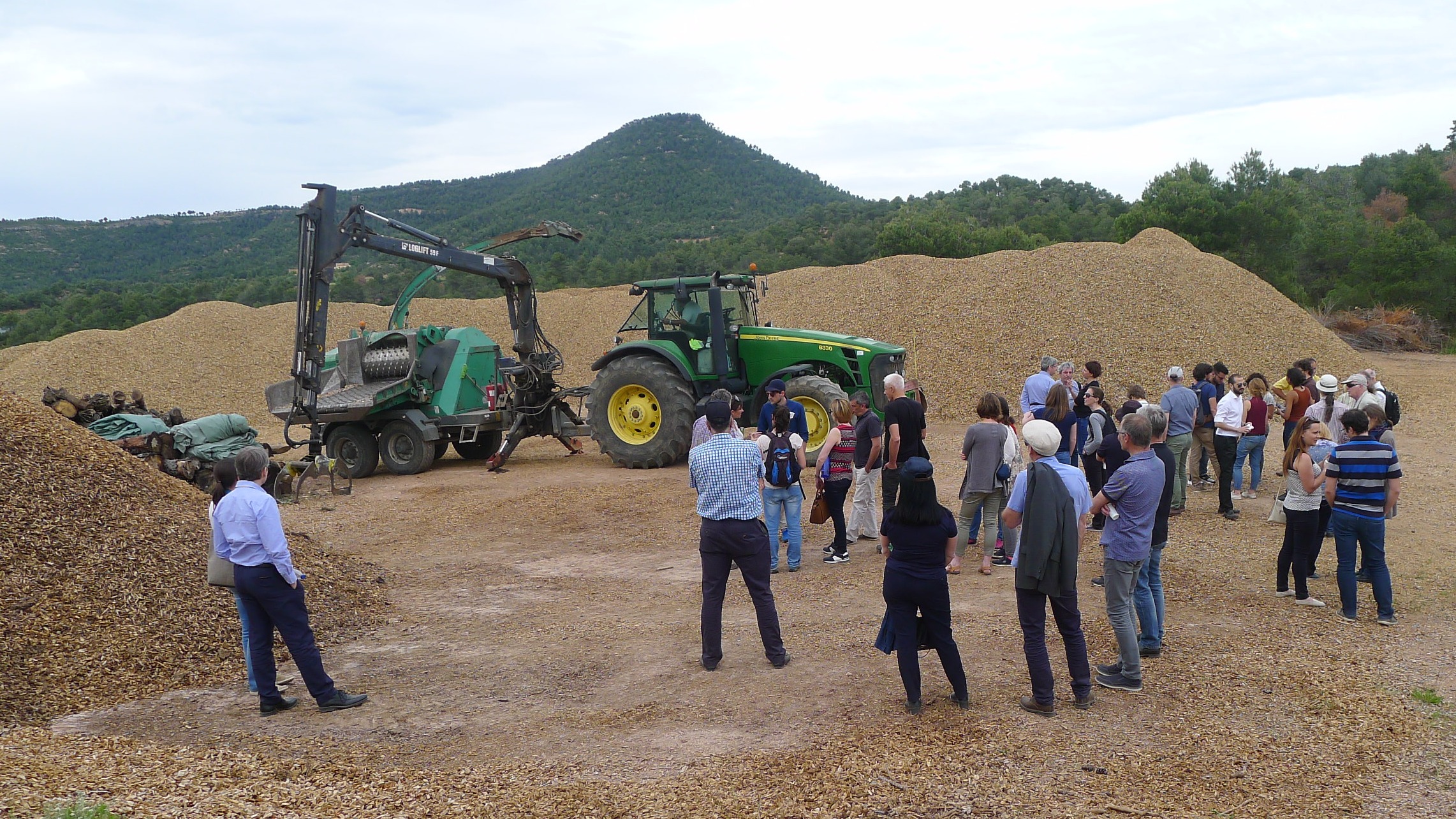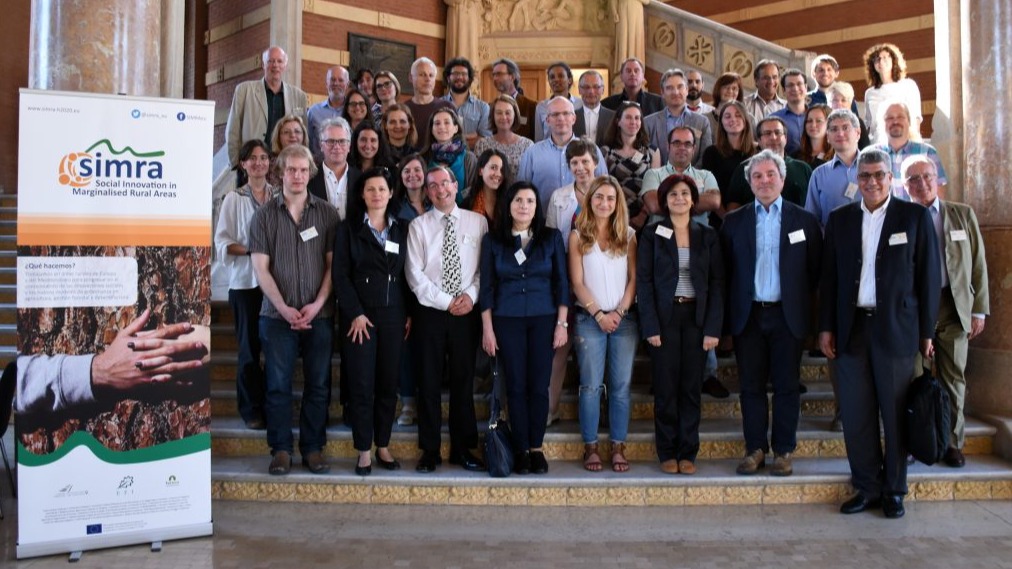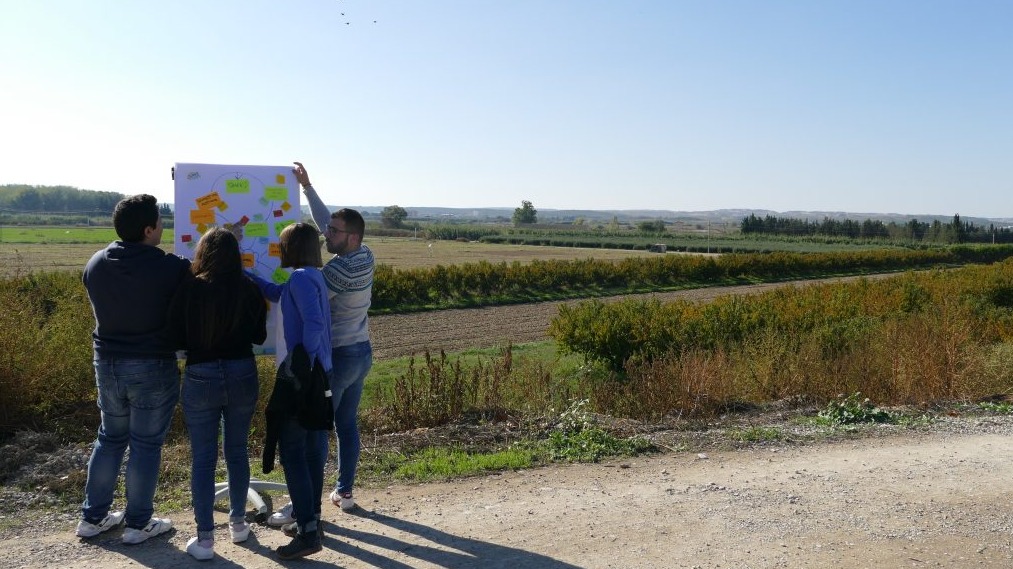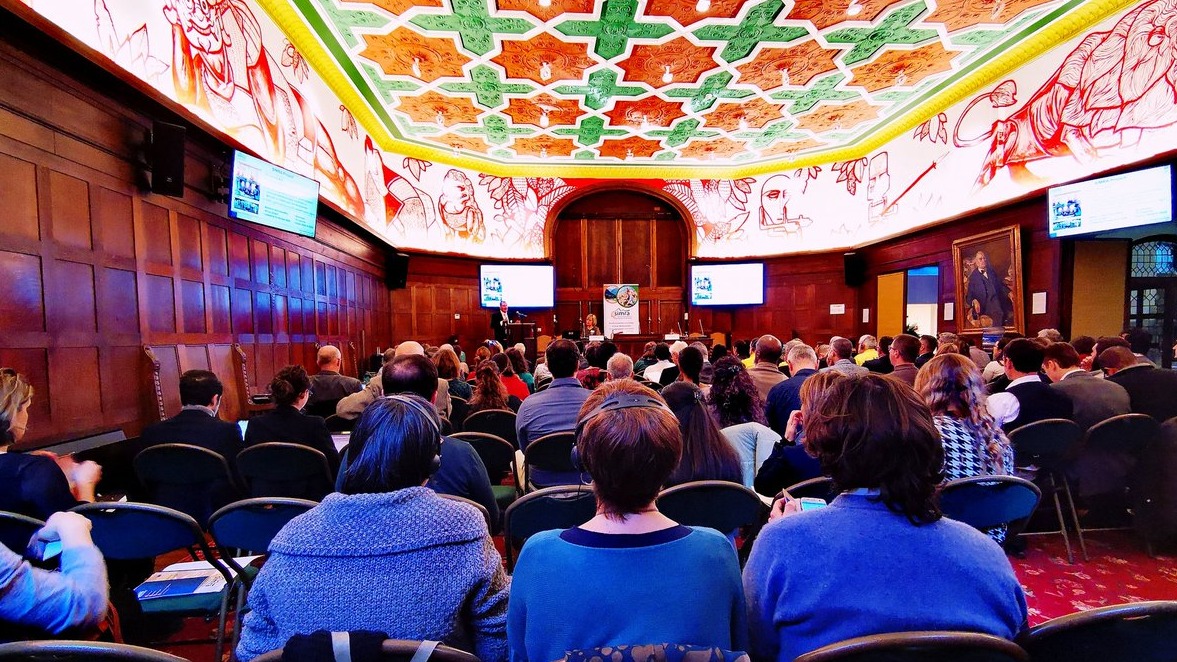Project info
Funding programme: Horizon 2020
Duration: 1 April 2016 – 31 March 2020
Coordinator: James Hutton Institute (Scotland)
Website: http://www.simra-h2020.eu/
SIMRA
Social Innovation in Marginalised Rural Areas
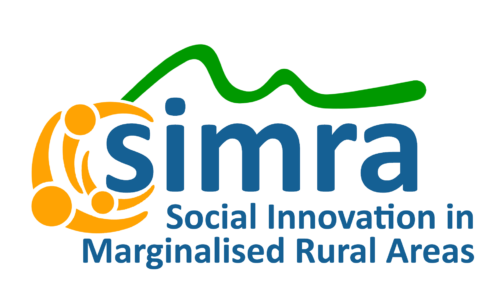
SIMRA (Social Innovation in Marginalised Rural Areas) seeks to advance understanding of social innovation and innovative governance in agriculture, forestry and rural development, and how to boost them, particularly in marginalised rural areas across Europe, with a focus on the Mediterranean region (including non-EU) where there is limited evidence of outcomes and supporting conditions.
To this end, SIMRA develops a common definition of social innovation and improves the understanding of the benefits of social innovation in marginalised rural areas through research, case studies and collection of good practices. 7 innovation actions in 6 EU and non-EU countries also serve as test-beds to exploit the potential of their rural areas for social innovation. Finally, a MOOC on social innovation and a multi-stakeholder approach are used to increase the understanding and use of social innovation in marginalised rural areas.
The partnership consists of 26 partners in Europe and in the Mediterranean Region. Euromontana is the co-leader of the Work Package on Communication and Dissemination. Four Euromontana members are part of the consortium: UHI Perth, ENRI, EURAC and SAB. Andreja Borec from Maribor University is also part of the project’s Social Innovation Think Tank (advisory body).
Impact
SIMRA contributed to advance understanding on how social innovation might contribute to the development of marginalised and rural areas. Based on this theoretical and evaluative framework, the project developed empirical analyses and pilot actions to operationalise social innovation in several domains (agriculture, forestry, and rural development) and countries (EU and not EU). This provided a comprehensive mapping on the diversity of social innovation measures, in terms of governance, business models, objectives, forms of supports etc.
Key findings served to create several transferable tools for practitioners, social innovators, scientists, policy, and decision makers.
SIMRA’s impact was enhanced through its co-constructed, multi-actor approach in particular by involving SMEs, entrepreneurs, and social enterprises, networks and partnerships in the project.
Key results
MOOC on Social Innovation in Rural Areas
that will run for 3 weeks from 30th March 2020 and be freely available for one year on the FutureLearn platform, to steer researchers, students and practitioners across the landmarks of social innovation
Database of social innovations
an interactive map to drive you, social innovator, practitioner and research, through more than 300 examples of social innovations in agriculture, forestry and rural developed in marginalised rural areas can be accessed
7 Innovation Actions
to showcase you, actors on the ground, researchers and local authorities, on how to design and implement a social innovation action levering on collaborative learning, inspired discussion and cross-actors collaboration
6 Brochures of good practices
to inspire you, actors on the ground, researcher and authority, with real examples of social innovations in forestry, agriculture and rural development:
Social innovation for forest management
Social Innovation in Mountain areas
Social innovation in the Balkans
Social innovation for Rural services
Social innovation in the Mediterranean and in Europe
Social innovation and the Green Deal
Evaluation of Social Innovation
to provide you, evaluator, researcher, policy and decision makers, frameworks, approaches and methods to assess (qualitatively and quantitatively) the impacts of social innovation
Evaluation Manual
to help you, evaluators, practitioners, policy makers and scientists, in assessing the impacts of social innovation on the economy, society, environment and institutions
Policy Brief “How Policy Can Help bring about social Innovation in Rural Areas?”
Highlights from the final conference
held in Brussels (February 2020), the key points of SIMRA’s closing event will give you an overview on how social innovation can advance state-of-the-art
Partners
James Hutton Institute (coordinator)
Perth College, University of the Highlands and Islands
Lancaster University
Rural Development Company
University of Padova
European Academy of Bozen/Bolzano
University of Foggia
Food and Agricultural Organization, Sub-regional Office for North Africa
University of Natural Resources and Life Sciences
Federal Institute of Agricultural Economics
ÖAR Regionalberatung GmbH
Agricultural Economics Research Institute
Institute of Forest Ecology of the Slovak Academy of Sciences
European Forest Institute
University of Oulu
Mediterranean Agronomic Institute of Zaragoza, International Centre for Advanced Mediterranean Agronomic Studies
Foreco Technologies S.L.
Centre Technologic Forestal de Catalunya
International Center for Research on the Environment and the Economy
Eastern Norway Research Institute
Cairo University
European Association of Mountain Areas, international representation
Socio-Economic, Environmental and Development Services
CETIP network ltd
University of Berne, Centre for Development and Environment
Swiss Centre for Mountain Regions
